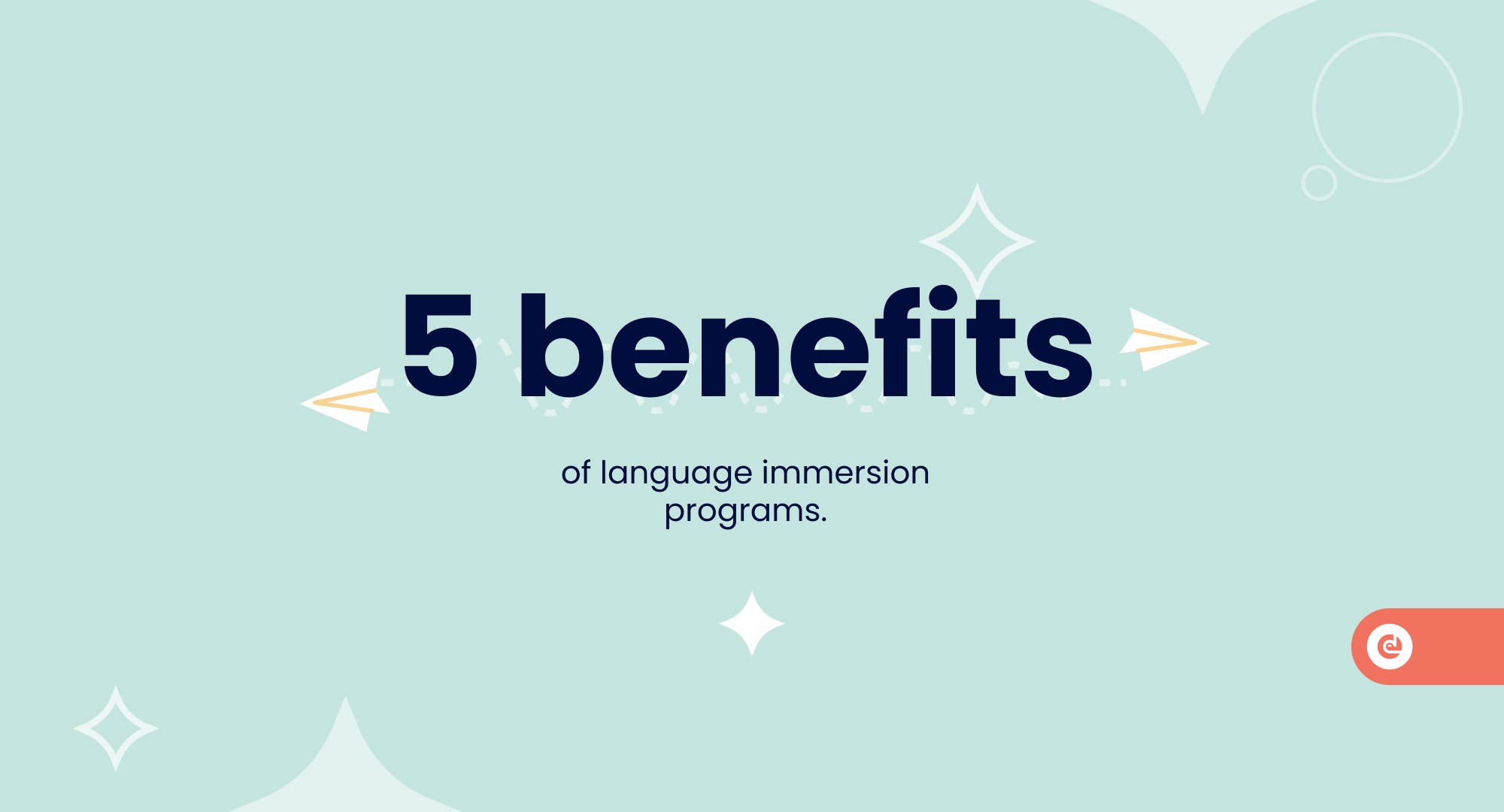Benefits of Language Immersion Programs
Language immersion programs have become increasingly popular in UAE schools as educators and parents recognize the numerous benefits of bilingualism and multilingualism. These programs offer students the opportunity to acquire a second language through natural exposure and practice, resulting in significant cognitive, social, and academic advantages. In this blog post, we will explore the impact of language immersion programs in UAE schools and discuss why they are crucial for nurturing global citizens.
The Importance of Language Immersion Programs
1. Cognitive Benefits
Language immersion programs provide students with several cognitive benefits. Research has shown that learning a second language improves memory, attention span, and problem-solving skills. Bilingual and multilingual individuals have a greater capacity for multitasking and enhanced executive function, as learning multiple languages requires the brain to effectively switch between different linguistic systems.
2. Academic Advantages
Students who participate in language immersion programs often experience academic advantages. Learning a second language can enhance overall academic performance, as bilingual students tend to have stronger reading, writing, and math skills. Furthermore, exposure to multiple languages can foster creativity and critical thinking abilities, enabling students to approach academic tasks from different perspectives.
3. Social and Emotional Development
Language immersion programs play a vital role in students' social and emotional development. By promoting cultural awareness, empathy, and tolerance, these programs help students gain a better understanding of the world around them and foster an appreciation for diverse communities. This cultural competence is essential for thriving in an increasingly globalized society, where individuals must navigate different cultures and perspectives.
4. Improved Employment Opportunities
Being bilingual or multilingual can significantly enhance employment prospects. In today's global job market, companies are increasingly seeking employees who can communicate in multiple languages. Industries such as international business, diplomacy, and tourism place a premium on linguistic skills. Language immersion programs equip students with these valuable abilities, setting them up for future success in the workforce.
Implementing Language Immersion Programs in UAE Schools
Implementing a language immersion program in UAE schools requires careful consideration of several key factors:
1. Choosing the Right Language
When selecting a language for an immersion program, it is crucial to consider the local and global context. While English and Arabic are the most common languages used in UAE schools, there is growing interest in other languages such as Mandarin, French, and Spanish. Schools must assess the relevance and benefits of each language to ensure it aligns with their students' needs and aspirations.
2. Integrating Language Learning Across the Curriculum
For a language immersion program to be successful, language learning should be integrated across the curriculum rather than limited to a single subject. Incorporating the target language into various subjects, such as science, mathematics, and social studies, provides students with ample opportunities to practice and develop their linguistic skills.
3. Hiring Qualified Teachers
Language immersion programs require skilled and qualified teachers who are proficient in the target language and experienced in an immersion setting. These teachers must create a supportive and engaging learning environment that encourages students to actively and consistently use the target language.
4. Providing Continuous Professional Development
Regular professional development opportunities should be provided to teachers involved in language immersion programs. Workshops, seminars, and conferences can help teachers refine their teaching strategies, enhance their language proficiency, and stay current on best practices in language education.
5. Engaging Parents and the Community
Parents and the broader community play a crucial role in the success of language immersion programs. Schools should involve parents by providing resources and strategies to support their children's linguistic development at home. Additionally, collaboration with local cultural organizations and community members can create authentic language experiences and foster cultural understanding.
6. Monitoring and Assessing Progress
Ongoing assessment and monitoring of student progress are essential for ensuring the effectiveness of language immersion programs. Implementing a robust assessment system that tracks students' linguistic development over time allows for adjustments and improvements to the program as needed. Regular feedback from students, teachers, and parents is also valuable in evaluating the program's effectiveness and identifying areas for growth.
Conclusion
Language immersion programs in UAE schools are a powerful tool for equipping students with the linguistic and cultural competencies needed to thrive in a globalized world. By embracing these programs, schools can help students unlock the cognitive, academic, social, and professional advantages that come with being bilingual or multilingual, creating a generation of global citizens ready to navigate an increasingly interconnected world. The key factors discussed for implementing language immersion programs in UAE schools provide a roadmap for educators and policymakers to ensure the successful integration of these programs into the educational system.

